When I qualified as a personal trainer seven years ago, I assumed creatine was just a supplement for teenage boys wanting to look like Arnold Schwarzenegger. But fast forward to today, and here I am, with many years of experience of coaching women, shouting long and loud about this underrated supplement. Creatine for women is not only safe and effective, but also one of the easiest ways to support strength gains, brain health, and even energy levels as we age.
It's been cropping up more in recent months, as women are starting to realise the amazing benefits it brings, and I am asked about it almost daily.
I use it regularly, and whilst I am usually wary of recommending supplements, I do encourage women to at least try creatine to see if it makes a difference to them. Below, I’m breaking it all down for you; what creatine is, what it does, and why it might just be the supplement you didn’t know you needed.
What is creatine?
Creatine is a naturally occurring compound found in your muscles and brain. Your body makes a bit of it on its own, and you also get small amounts from food (mostly red meat and fish). But unless you’re eating steak every day (which I don’t recommend!), you're probably not getting enough to see the benefits that creatine supplementation can offer.
When you supplement with creatine, you’re topping up your body’s stores, helping your muscles produce more energy during high-intensity exercise. This in turn can really help us when exercising, resulting in better performance, quicker recovery and more power.
But that’s not all. Creatine helps with better bone health – crucial for women as we go through menopause – and helps improve mental clarity.
The different types of creatine (and which one you actually need)
There are a few different forms of creatine on the market. These include creatine monohydrate, creatine hydrochloride, creatine ethyl ester, buffered creatine, liquid creatine... I could go on.
But here’s the honest truth: creatine monohydrate is the most researched, most effective, and most affordable type, and the only one you need. It’s the gold standard. No bells, no whistles, and absolutely no need to remortgage your house for a tub of it.
Unless you have a very specific digestive sensitivity (which is rare), creatine monohydrate is the one I recommend to all my clients, and the one I take myself.
Please don’t waste money getting sucked into buying fancy supplements that make bold unsubstantiated claims. All you need is creatine monohydrate.
Is creatine good for females?
Creatine for women is a great supplement choice, and not just if you’re lifting weights or trying to build visible muscle. Creatine helps women in lots of ways:
-
Increased strength and power: Even for beginners or those who only exercise moderately.
-
Improved muscle recovery: Helping you feel less sore after workouts
-
Enhanced cognitive function: Especially during times of mental fatigue, creatine can help with alertness.
-
Supports bone health: Crucial for women as we age.
-
Potential mood benefits: Early research shows it might help with low mood and anxiety.
Whether you're in your twenties or your sixties, whether you're doing Pilates or pressing kettlebells overhead (both favourites of mine), creatine can support your goals. It’s not just for bodybuilders, I promise.
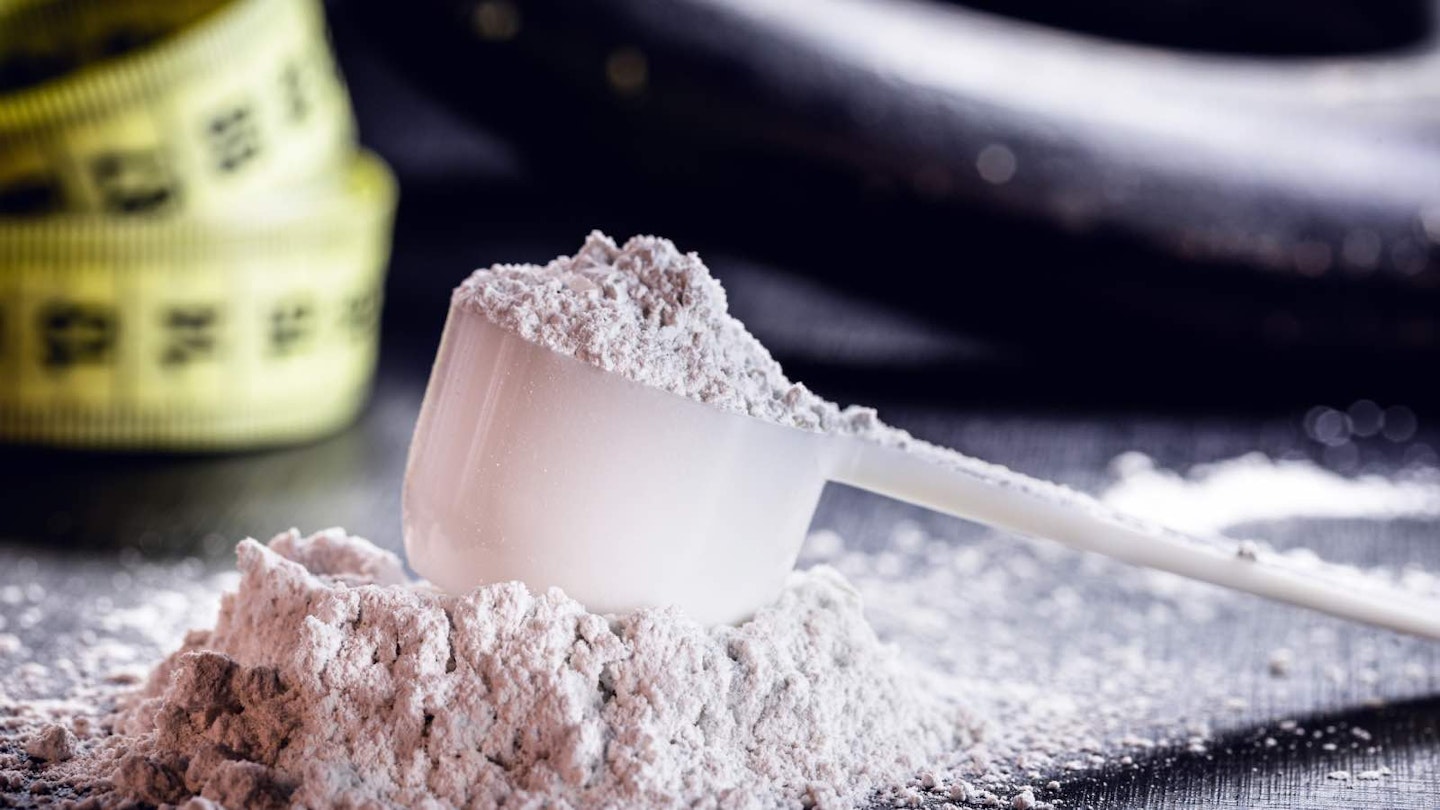
What are the side effects of creatine for women?
Side effects can happen no matter what supplements you take. However, creatine has been thoroughly reserarched and the side effects are extremely minimal.
The most common side effect people notice is weight gain, but before you panic, let me explain. It’s not fat.
Creatine pulls water into your muscles, which can make you look and feel more filled out, often in a good way, like you’ve been secretly lifting weights in your sleep.
Some women may experience slight bloating in the early days, but it usually settles quickly. Creatine packaging may make mention of a ‘loading phase’, but if you want to minimise bloating, and you’re not an athlete, just skip this and go right to taking 3-5g a day (about a teaspoon).
There’s no hormonal disruption when taking creatine, and it doesn’t mess with your cycle. Creatine is one of the most researched supplements in the world and has been shown time and again to be extremely safe when taken in recommended amounts.
What should a woman know before taking creatine?
Creatine can come in tablet form, but most often it comes as a flavourless powder. This, and the minimal dose needed, makes it easy to take and digest. I add a scoop to my water bottle each day and you can’t even see it in there.
If you want to start taking creatine, here’s what I’d recommend:
-
Choose creatine monohydrate - ideally in a plain, unflavoured powder
-
Take 3-5g daily - mix it into your water, smoothie, yoghurt, or even coffee
-
No need to load - unless you're doing intense training, just start with the daily dose
-
Drink enough water - since creatine pulls water into muscles, drinking lots of water to allow for its full efficacy is important
-
Take it regularly - it takes a few weeks to see the full benefits so don’t just stop after a week!
It’s also important to know it’s not magic. It won’t replace regular exercise, rest, or a good diet, but it will support all of those things and give better results.
Is creatine good for menopause?
This is one of the questions I am asked most often and yes, creatine can be helpful during and after menopause. I say ‘can be’ because every woman’s menopause is different. What works or helps one person may not be true for another, but what I will say is that taking creatine certainly won’t do you any harm.
As oestrogen levels decline, we lose muscle mass, bone density, and often experience a lack of energy. Creatine can help as studies suggest it may support:
-
Muscle mass (so you stay strong and independent)
-
Bone health (especially when combined with weight training for women)
-
Mood and brain health (possibly supporting mood and helping us retain clarity)
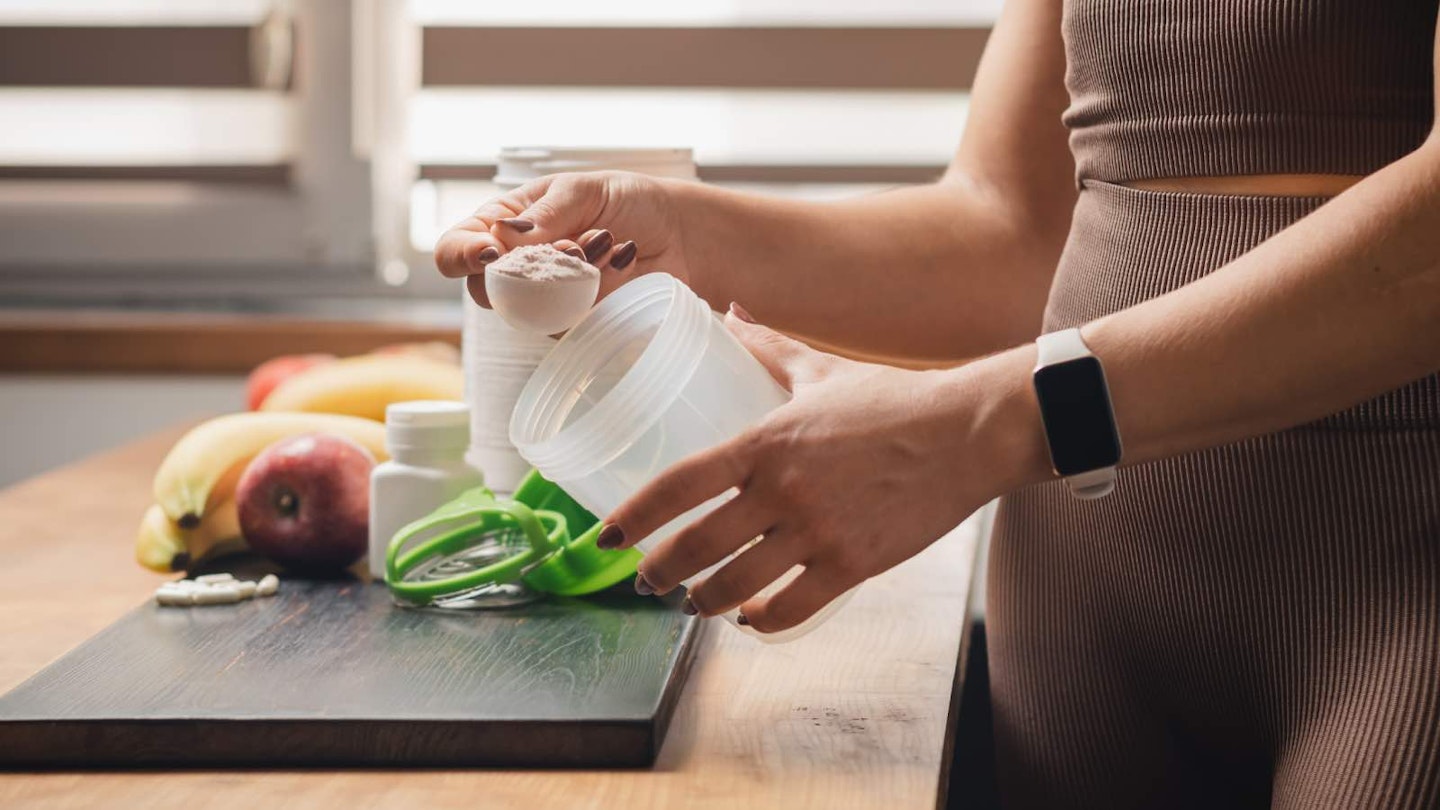
Is creatine better than collagen?
Collagen and creatine are two very different things, so it’s a bit like comparing apples to oranges.
Collagen is a protein that supports skin, joints, hair, and connective tissues.
Creatine supports muscle energy, strength, and performance.
If you’re looking for stronger nails or fewer wrinkles, the best collagen supplements might be useful. But if you want to get stronger, recover faster, or support your body through perimenopause and beyond then I’d opt for creatine.
And yes, you can take both.
Will creatine make me stronger?
Short answer: yes.
Slightly longer answer: yes, but you still have to lift the things.
Creatine helps your muscles work harder and recover quicker. That means you can push a little more in your workouts, recover better afterwards, and over time, build more strength and power. You won’t wake up the day after starting it with superhero strength but as you continue taking it you might notice:
-
You are lifting heavier weights more easily
-
You have less fatigue during exercise
-
You aren’t as sore
-
You are more consistent in your exercise routine as you have more energy
And if you're the type who likes to track your progress (like I do with my kettlebell workouts) you'll probably see some nice improvements over the weeks.
Do I need to take creatine every day?
If you’re going to take creatine, there’s not any point in only taking it when you remember, or on the odd occasion. It’s best to take it daily to keep your muscles topped up.
You don’t need to take it at the same time each day, just get it in. I consume mine throughout the day in my water bottle, some women like to put it in their coffee first thing, others have it with a protein shake. I’ve even had clients stir it into yoghurt or sprinkle it on porridge. It’s tasteless and dissolves easily (eventually - give it a good stir!).
Please remember though, that creatine isn’t a miracle. You still need to exercise (including 2 strength sessions per week), eat well, rest enough, and probably stretch a bit more than you do now (just saying). But if you’re looking for an easy, safe, and low-cost way to support your strength and energy as a woman then creatine might be worth adding to your daily routine.
And trust me, after coaching women for years, I can tell you this: it’s not about becoming bulky, it’s about becoming strong. Strong enough to lift the heavy shopping, carry your grandkids, or take up arm wrestling, should you so choose.
The best creatine supplements to buy
Like I said, in a similar way to paracetamol, creatine powders all do the same job, and are relatively inexpensive. If you're looking to buy some, here's a few suggestions, all of which are unflavored and will work as well as each other.
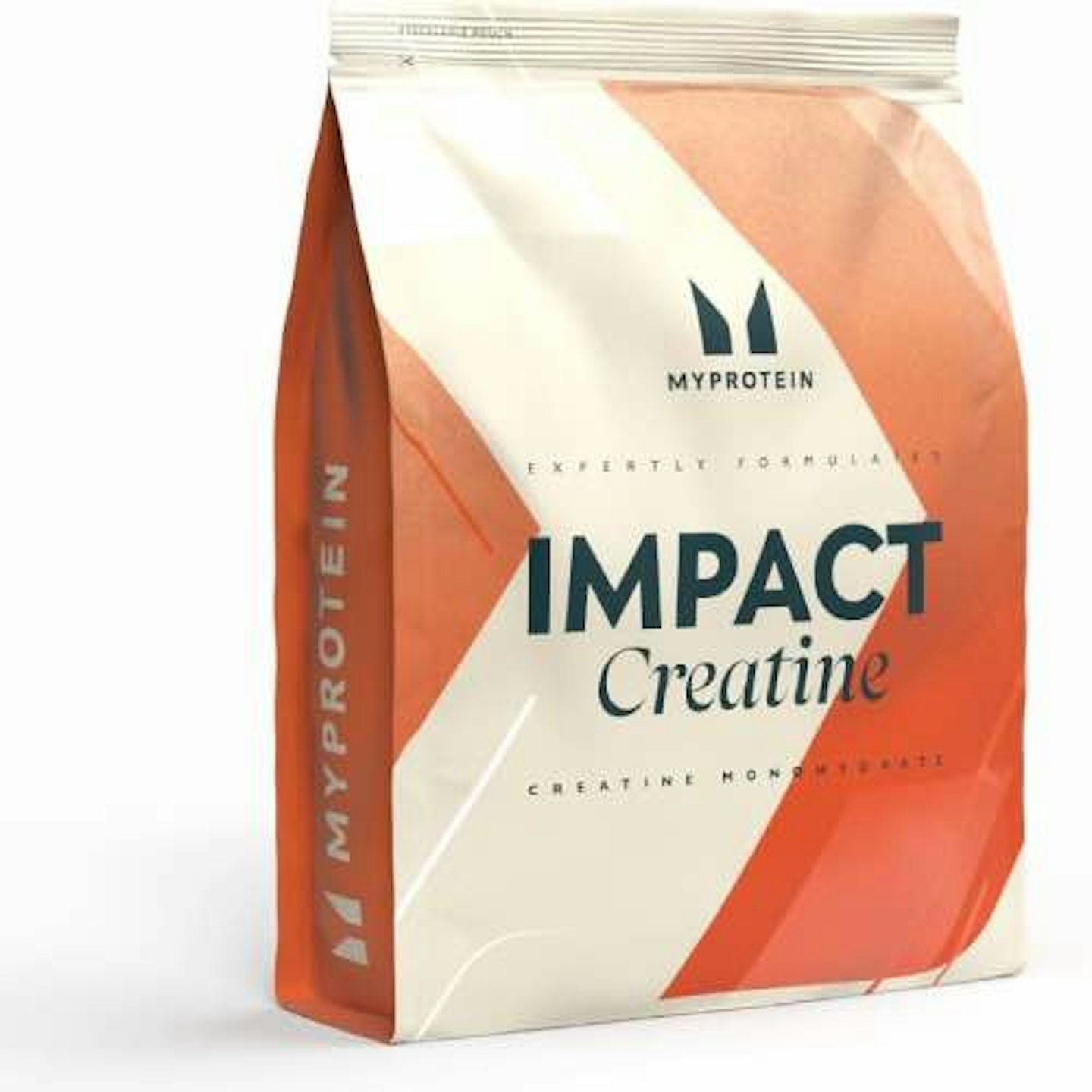 Amazon
Amazon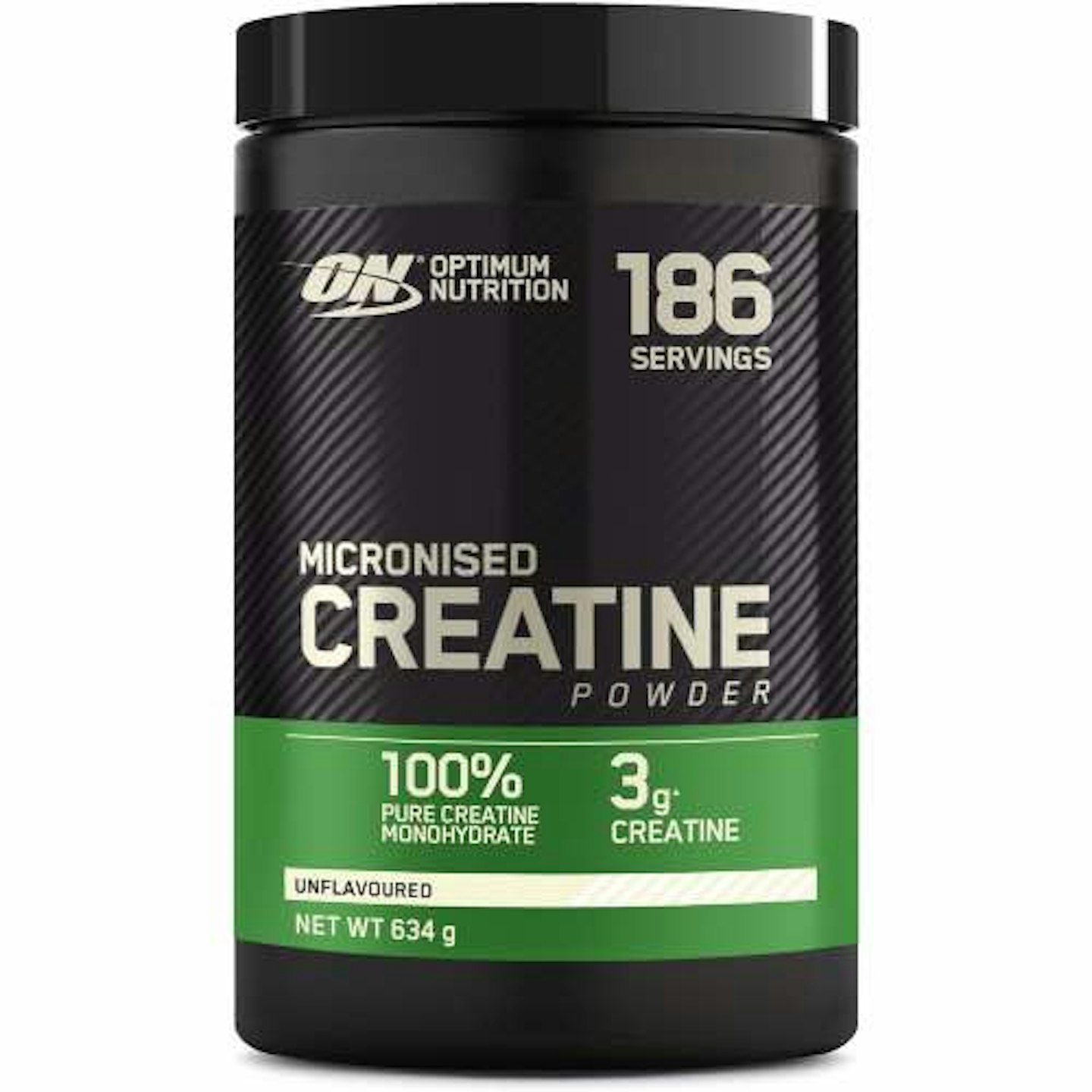 Amazon
Amazon
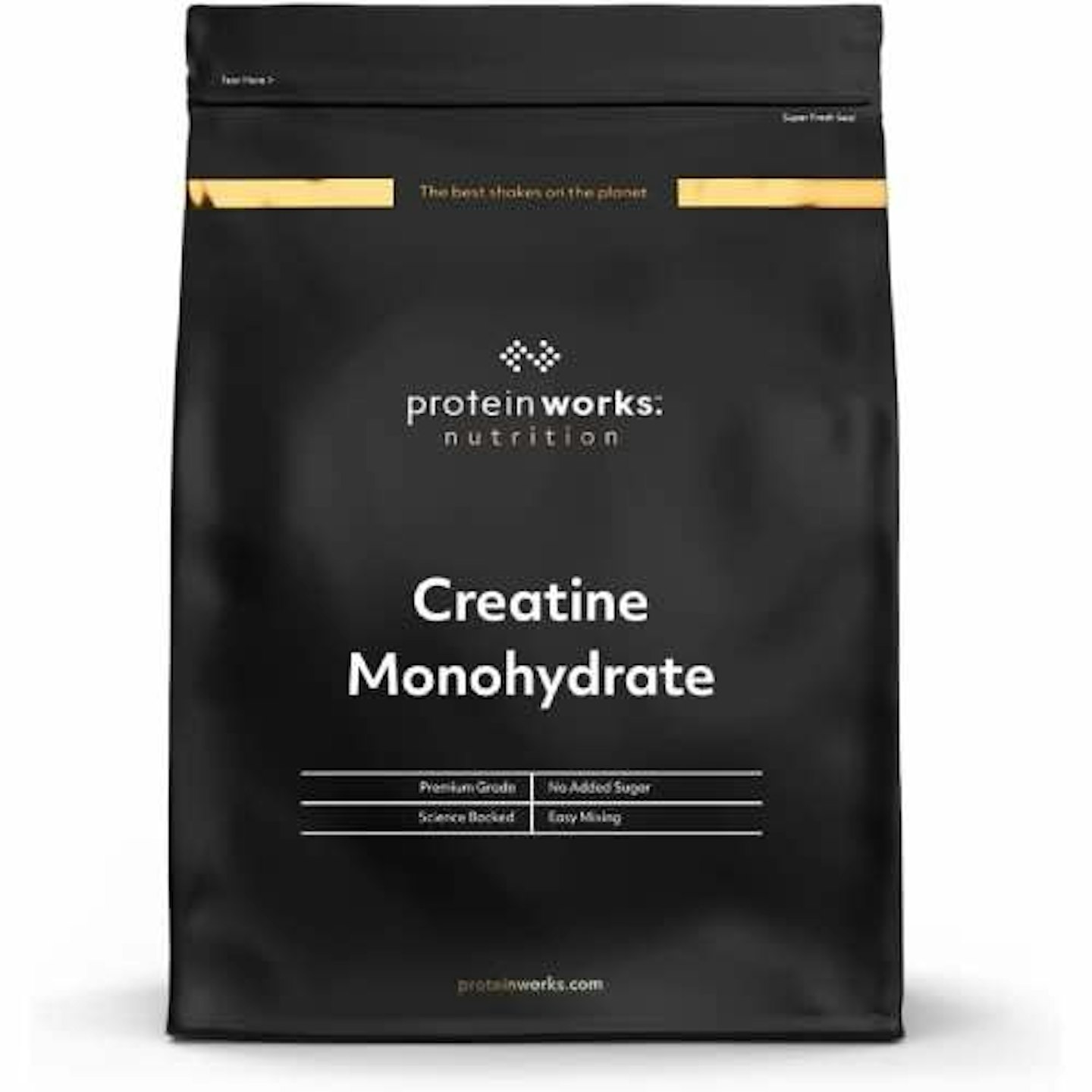 Amazon
Amazon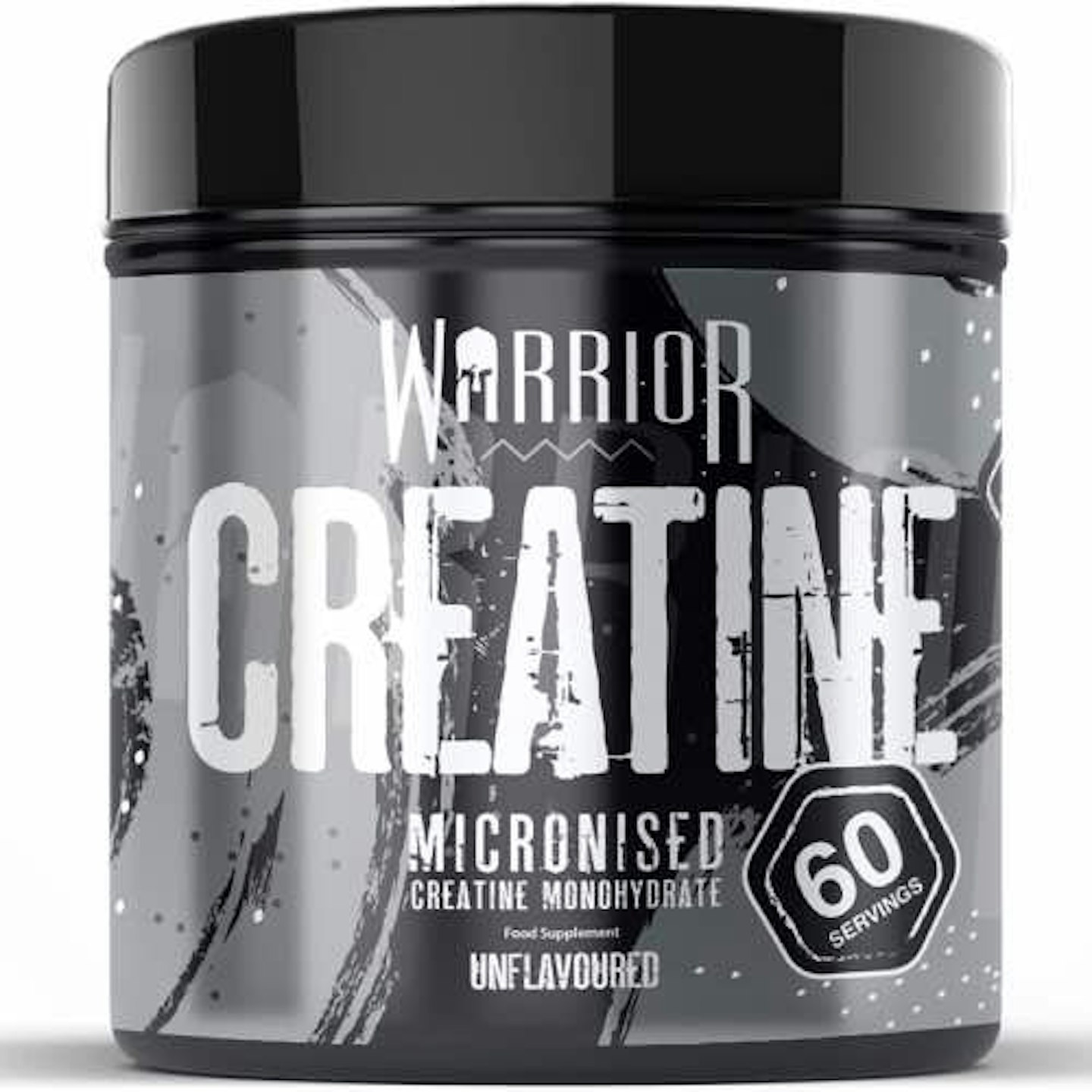 Amazon
AmazonBecky Fuller is a Senior Digital Writer for Yours.co.uk. She is a fully qualified personal trainer and strength coach, specialising in fitness and wellbeing for over 50s. Becky is passionate about kettlebells, and runs an all-female kettlebell club in the local community. She holds a variety of professional fitness qualifications including Level 3 pre and post-natal fitness, and Level 4 GP referral for exercise.

